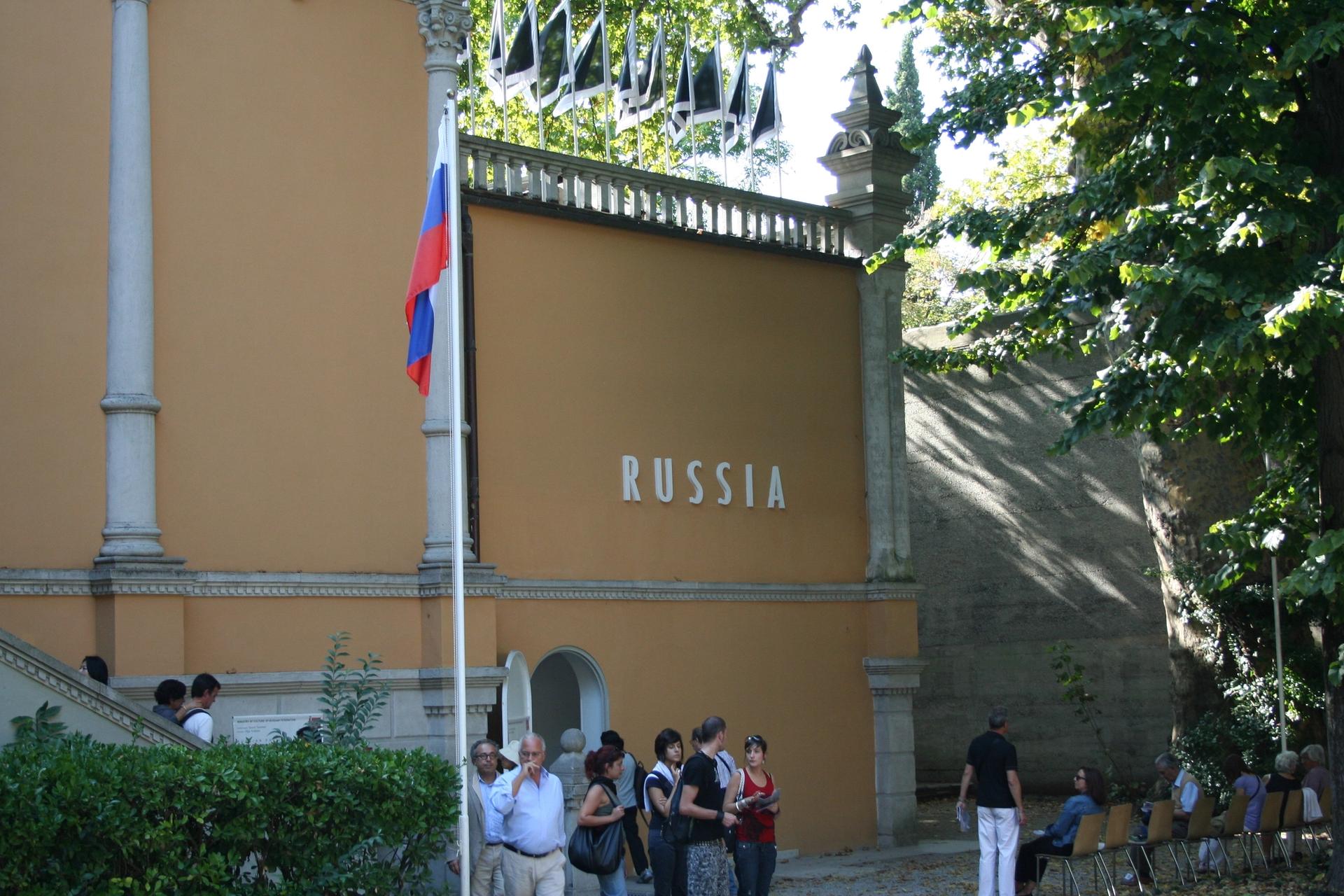"The
space station, high above, is a microcosm ... an international
collection of people living in a finite area with finite resources, just
like the planet below."
"I
got to see the world, in effect, take one breath out of 4.5 billion
breaths ... There has been life, uninterrupted, on Earth, for four
billion years."
"That's really optimism-building. Life isn't going anywhere. The world isn't going anywhere."
"The question is: How good a quality of life do we want for people, and how sustainable do we want it to be?"
"Everyone on the space station, their lives are in each other's hands If anybody makes a mistake, everyone else dies."
"[If
ever we doubt our capacity to collaborate, we need only] look up,
morning and night, and watch the space station fly over. It's a pretty
clear example of what we do together when we do things right."
Canadian astronaut Chris Hadfield
"You flush the toilet, and yesterday's coffee becomes today's water."
"It
is the greatest lesson of the international space station; the
opportunity to learn how effective collaboration actually works [in
hoping to address climate change collaboratively]."
"You're
developing technologies, many of which are going to help with the
greening economy and ... enable us to have less environmental impact."
"[Earth is] a beautiful blue oasis cast against the infinite void of space."
Astronaut Dave Williams
"The globe, like the ISS, is a closed loop. It depends on finely-tuned
connections between the land, oceans, atmosphere, the freshwater cycle,
flora and fauna."
"The planet is whole. And it's integrated."
"[A
mutant virus originating in Asia and wreaking havoc on the world may
seem unbelievable to most, but] for an astronaut, that is very easy to
appreciate."
"The
view out the window takes everyone by surprise. There's [something]
about seeing the Earth with our naked eyeball and seeing it from above
The privileged position that you have, somehow, it just amplifies the
beauty and majesty of it all."
"[The
view of the Earth from space was] personally transformative. Viewed
from afar, our marbled-blue planet is alone for hundreds of millions of
kilometres, surrounded by nothing but void."
"There
is a network of ground-based measurements for greenhouse gases across
the world. But the thing about those measurements is it's so unequally
distributed ... If you ever want a global picture, it's really lacking.
And satellites can do that."
Astronaut Robert Thirsk
 |
Views from the International Space Station Space Adventure
|
The
limited living resources on the International Space Station leads to
people within the confines of the station performing everyday personal
routines from sleeping, eating, reading, writing, discussing theories
and examining and interpreting viewed and experimental issues, to work
together, both independently and as a team to make the most of the
resources available to them. All aboard the station are keenly aware of
their isolation, emphasizing their reliance on technology and on their
collegial, professional relations with their astronaut peers.
Yet
the conditions in which they must perform their tasks motivate them to
appreciate the closed-loop heating and water systems that make them
independent of outside sources for vital day-to-day management of their
needs. The astronaut team on board at any given time represent members
from the international community bringing with them a range of technical
and professional expertise, with all working to maintain and operate
the "habitability systems" of the station.
And
they liken that situation and their experiences to those of the planet.
Humanity's natural habitat with its related resources that make life
possible and manageable for all creatures that exist on Earth. There is
the stewardship of resources and the absolute need to be aware of how we
are using and abusing those resources along with a dire need to
communally agree to husband them and not to violate the very source of
our habitable world. The space economy valued at $424 billion is set to
create new employment opportunities linked to climate innovation.
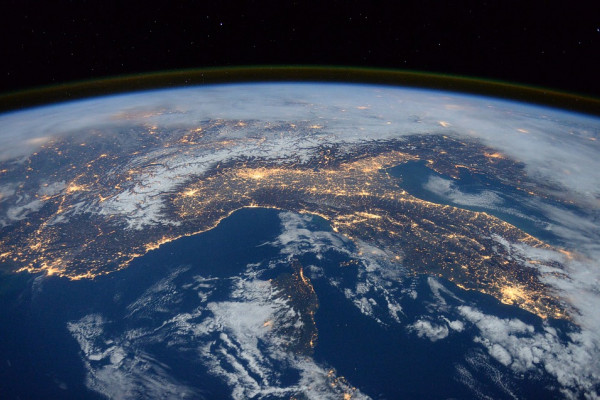 |
TheNakedScientists.com
|
But
the innovative technology developed to make space travel and
exploration and experimentation feasible itself has benefits for greater
use on Earth itself. Necessity, the mother of invention, saw many new
technical innovations to fit into a temporary lifestyle aboard a closed
space capsule where inhabitants had to be self-reliant, making use of
whatever was available to them for survival. Technology in food
preparation suitable for a weightless atmosphere, and the fabrication of
new metals more durable and flexible and tougher...
Sitting
in the space station and viewing space through its generous windows,
astronauts watch the unfolding of natural events on one side of the
world after another. Forest fires in Siberia drift over to North
America, diminishing air quality there. An initially unassuming
atmospheric depression in the south Atlantic becomes a Category 4 or 6
hurricane affecting residents along the Gulf Coast. The ISS travels at 8
km/s; 25 times the speed of sound, completing a single orbit of the
globe every 90 minutes. ISS occupants witness a sunrise and a sunset
every 45 minutes.
Astronauts
from their perch within the ISS can see the ecological crisis in real
time, every day, peering out and down at the world below them. Jagged
strips peeled deep into the Earth's crust from mining ventures;
polluting smog, grey and opaque, hovering over cities below. Clear-cut
in the Amazon rainforest to make way for agriculture. It isn't only
astronauts eyeing the world from above. Satellite companies now keep an
eye on emissions from their space vantage. GHGSat Inc. sends satellites
into space to track methane emissions.
One
of its satellites detected 13 plumes of methane emissions from a coal
mine in Russia in January, the largest methane leak ever detected by the
company. Methane is 25 times more effective in trapping heat in the
atmosphere than carbon dioxide. Methane leaks were pinpointed by a
GHGSat satellite in Turkmenistan where emissions equivalent to 240,000
gas-powered cars were being released into the atmosphere. A landfill in
Pakistan was detected in 2021 with a methane plume.
The
astronauts failed to breach a divide on the solutions to the climate
crisis, but did reach agreement that addressing the issue would require
precise political cooperation. On a planetary scale, pointed out Mr.
Williams, disagreements are more complex, involving greater numbers of
authorities making it difficult to find solutions that work for all
governments. The difference: "We're just a bunch of people up there" remarked Mr. Hadfield. "All
the crews from all the nations, the cultures that are represented, have
a single-minded focus on accomplishing the mission objectives", pointed out Mr. Thirsk.
A
common language of equally felt responsibility is the first step, they
argued. Astronauts aboard the ISS are required to speak English and
Russian, while English serves as the interstellar lingua franca. Yet,
said Mr. Thirsk, even so, "when you're on board the space station as a crew member, most of us tend to think of ourselves as humans first." Humans
are not regimented nor disciplined to think as a multi-reliant group
like bees or ants. Therein lies our reasoning brilliance and our
potential failure.
"I
do worry about the motives of some of these world leaders who have
created an unstable geopolitical situation. I don't se the older
generation showing enough leadership in making the difficult decisions,
today."
"It's
really easy to be critical of the lack of collaboration. There are
areas that, quite clearly, where we are not collaborating here on Earth
and areas that we are."
Astronaut Robert Thirsk
 |
Business Insider
|

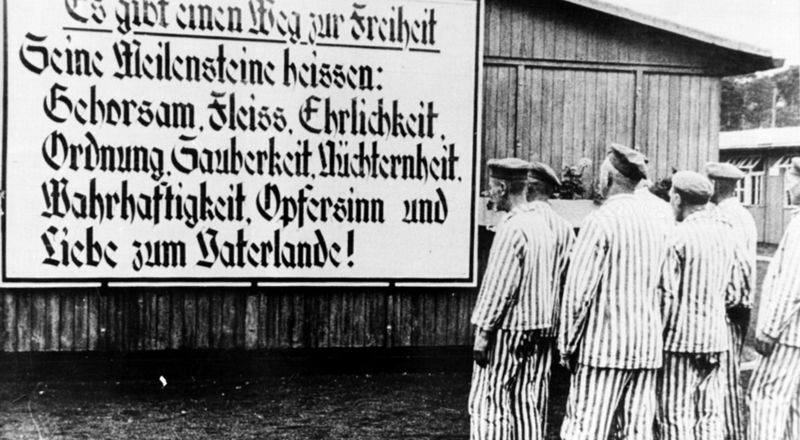



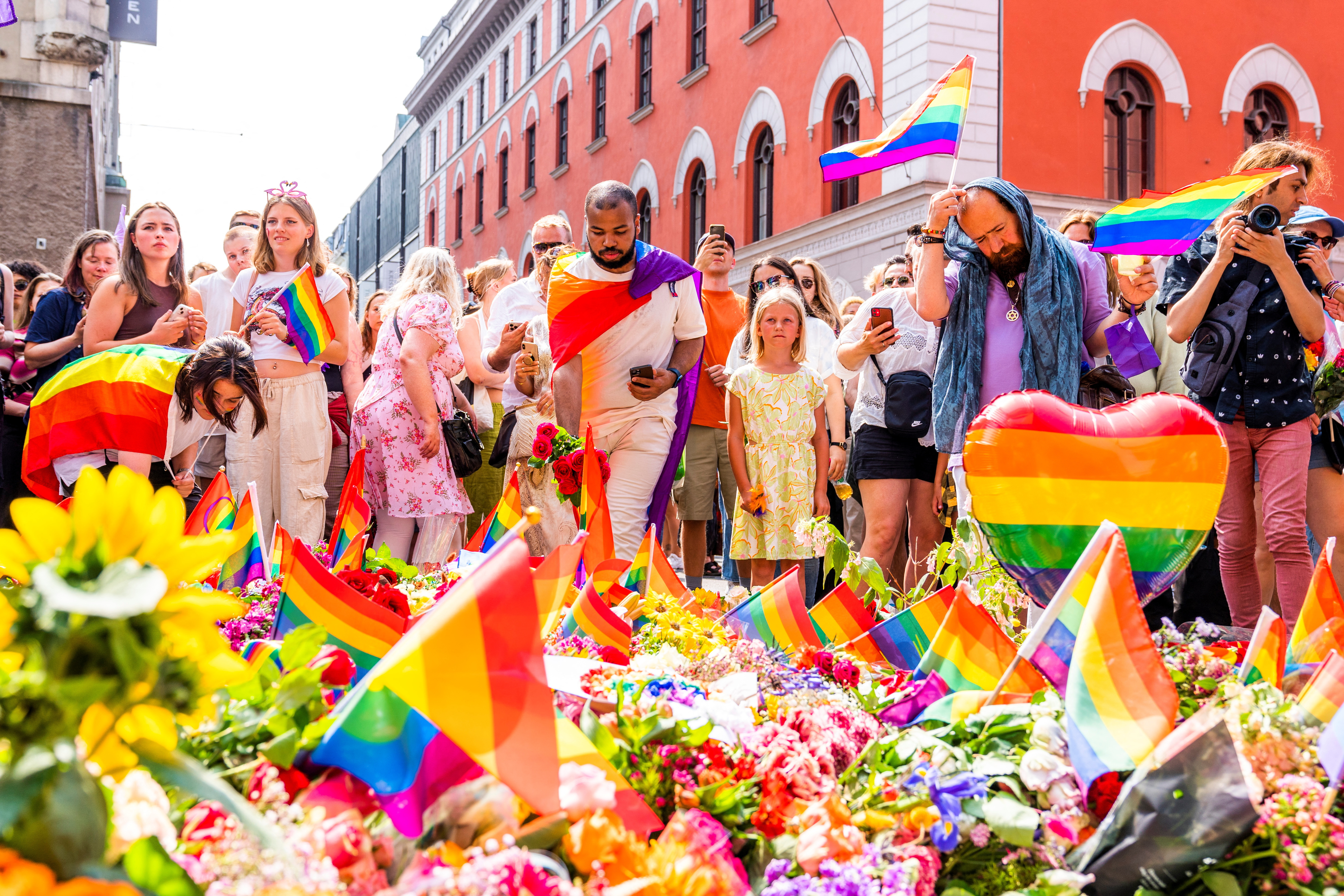
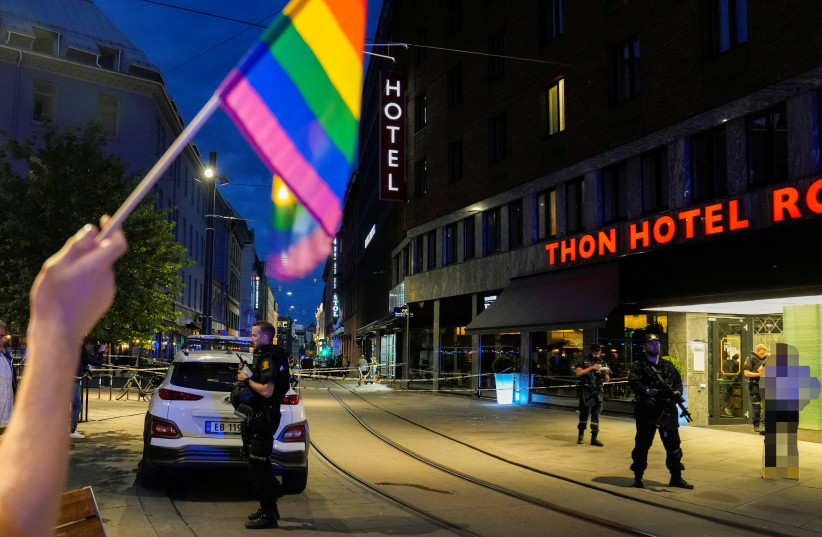
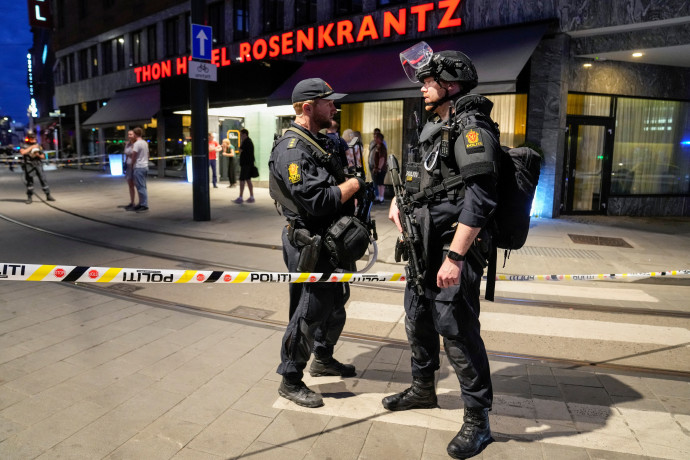






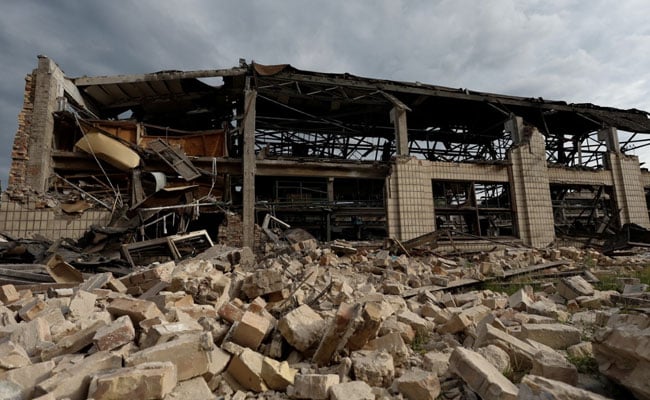

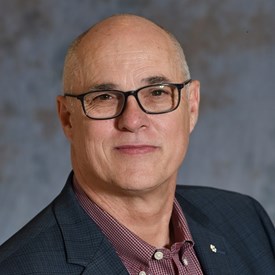

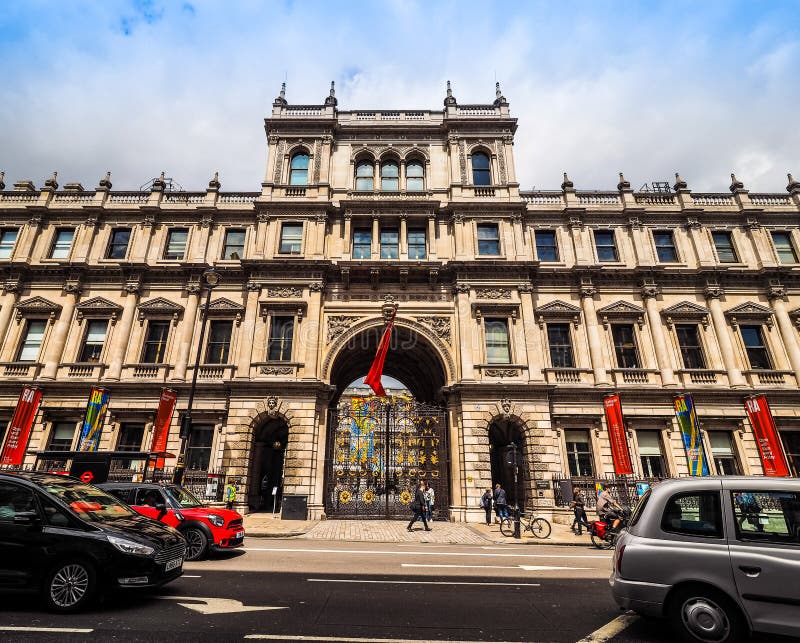

/https://static.texastribune.org/media/files/502c40c1f4bfecb7ffe6e4e279dfe877/Uvalde%20School%20Shooting%20SF%20TT%2009.jpg)
/https://static.texastribune.org/media/files/e255da5103a1f8ed31f4008ac20c75d5/Robb%20Elementary%20Memorial%20REUTERS%20TT.jpg)
/https://tf-cmsv2-smithsonianmag-media.s3.amazonaws.com/filer_public/3a/f1/3af15f7b-d2f8-44fd-9b59-09da6f81fe97/gettyimages-1157581282.jpg)
